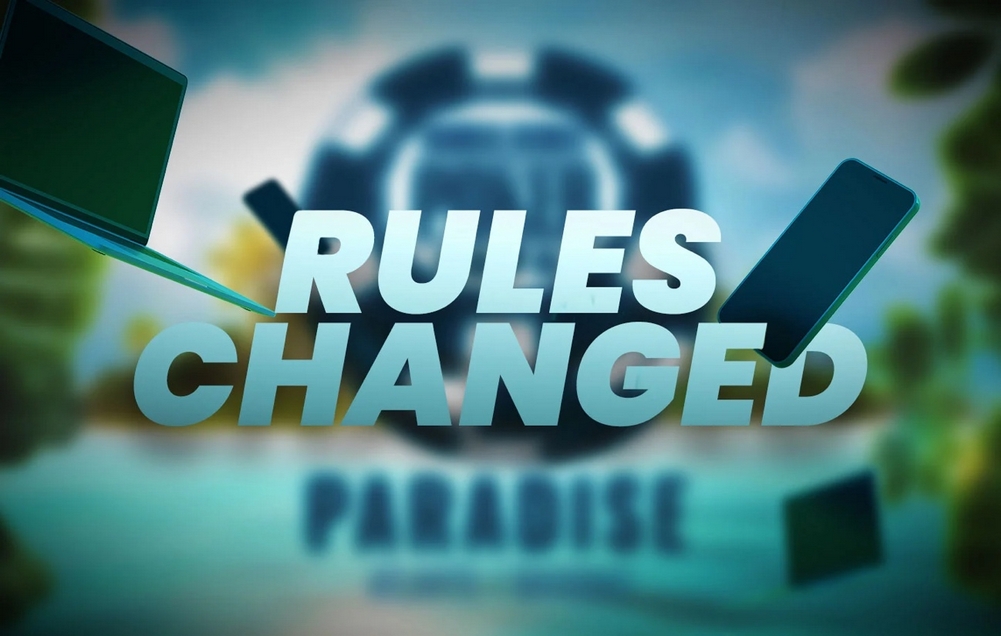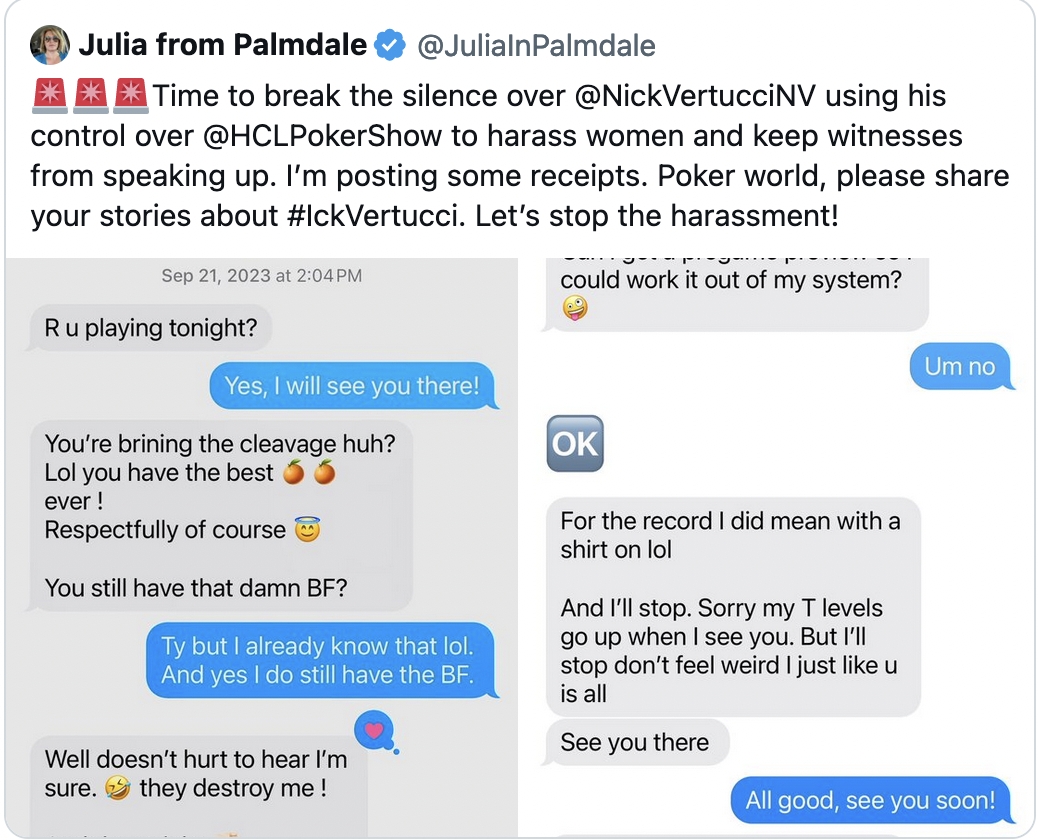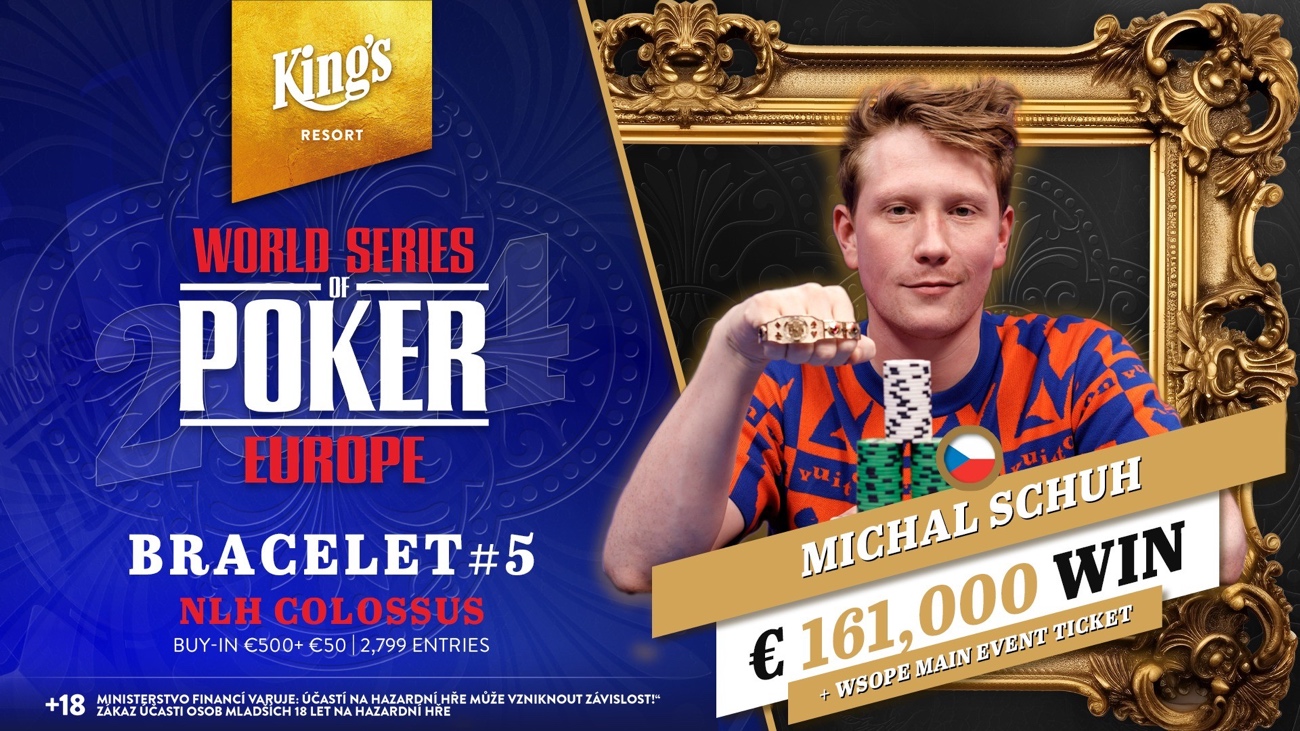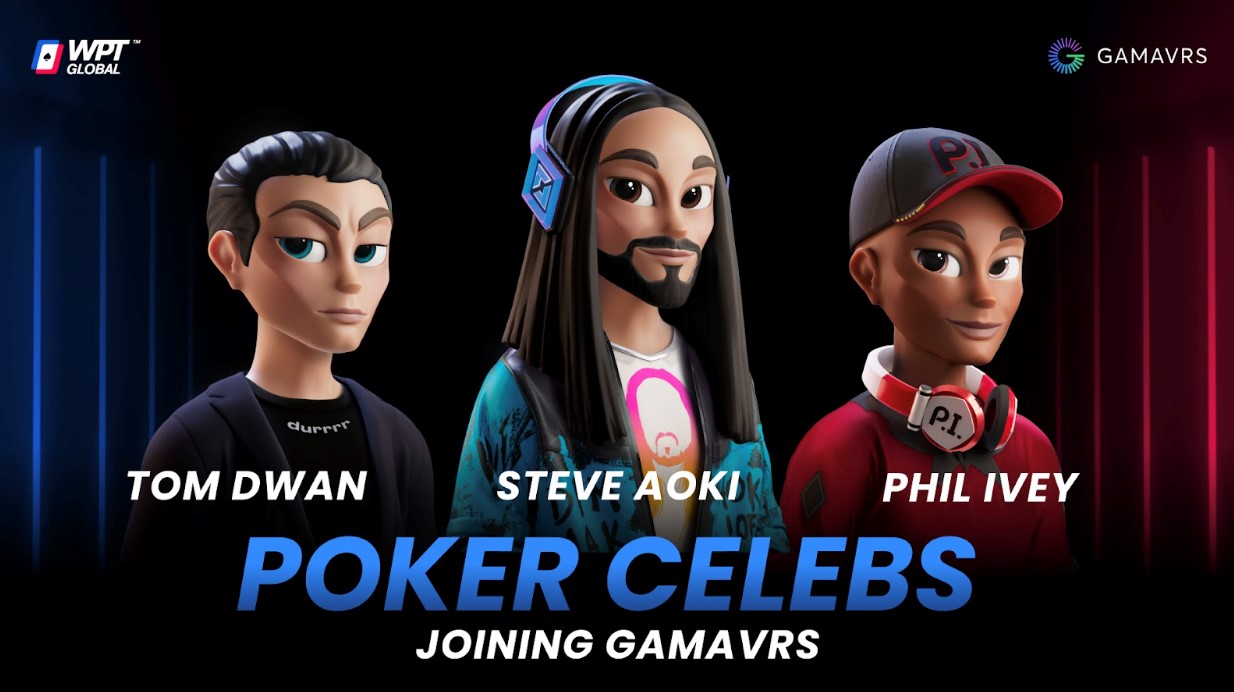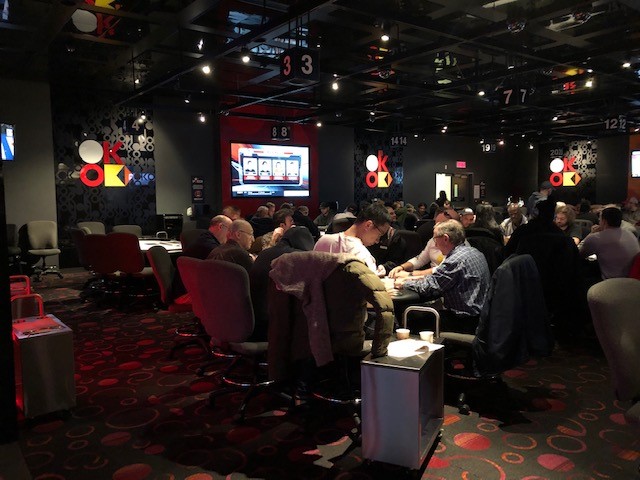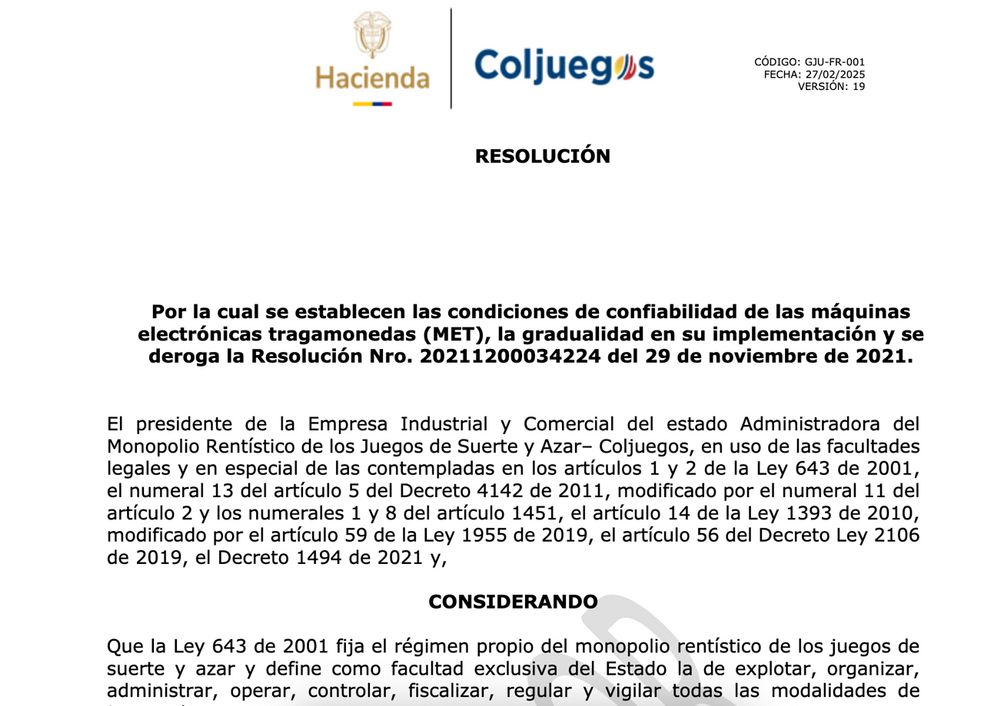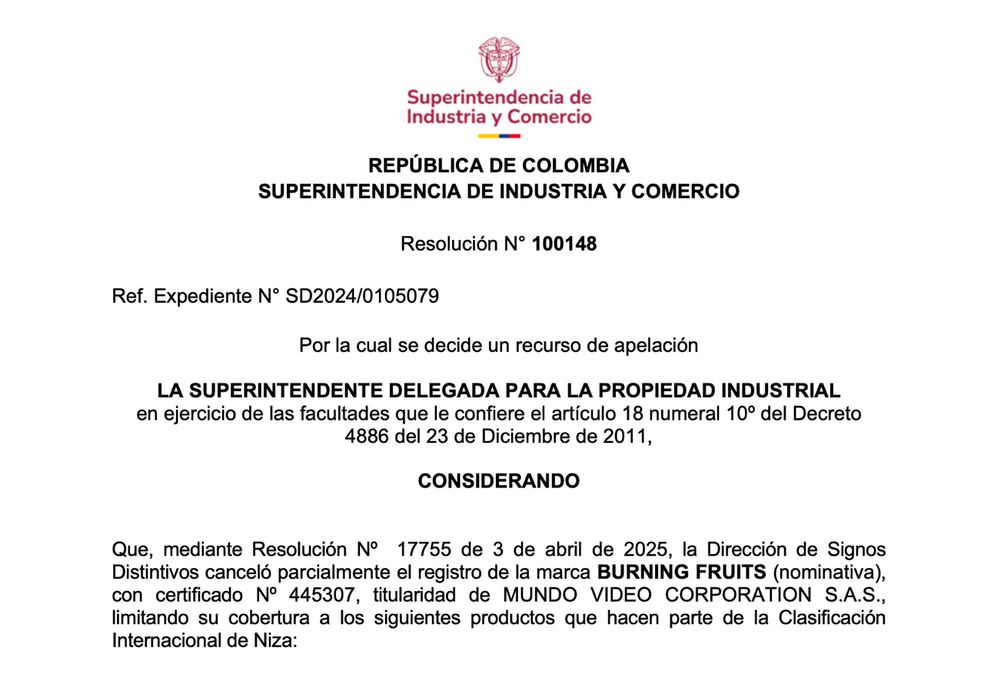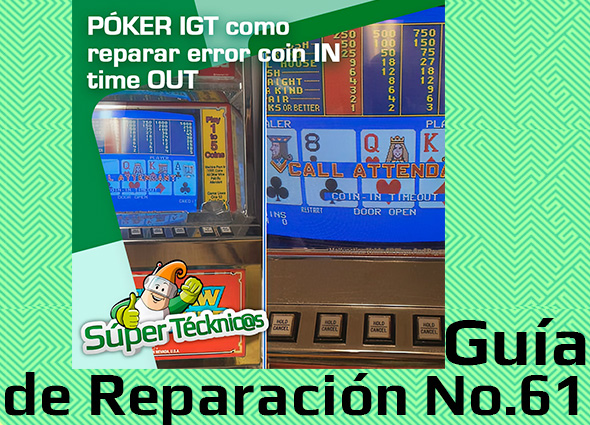During a round of poker at a virtual reality casino earlier this month, a player at the table was censored for sexually explicit language.
The player, dressed in a purple shirt and white anime-style haircut had many behaviors that gave him away as a child, based on his voice and his reaction to jokes.
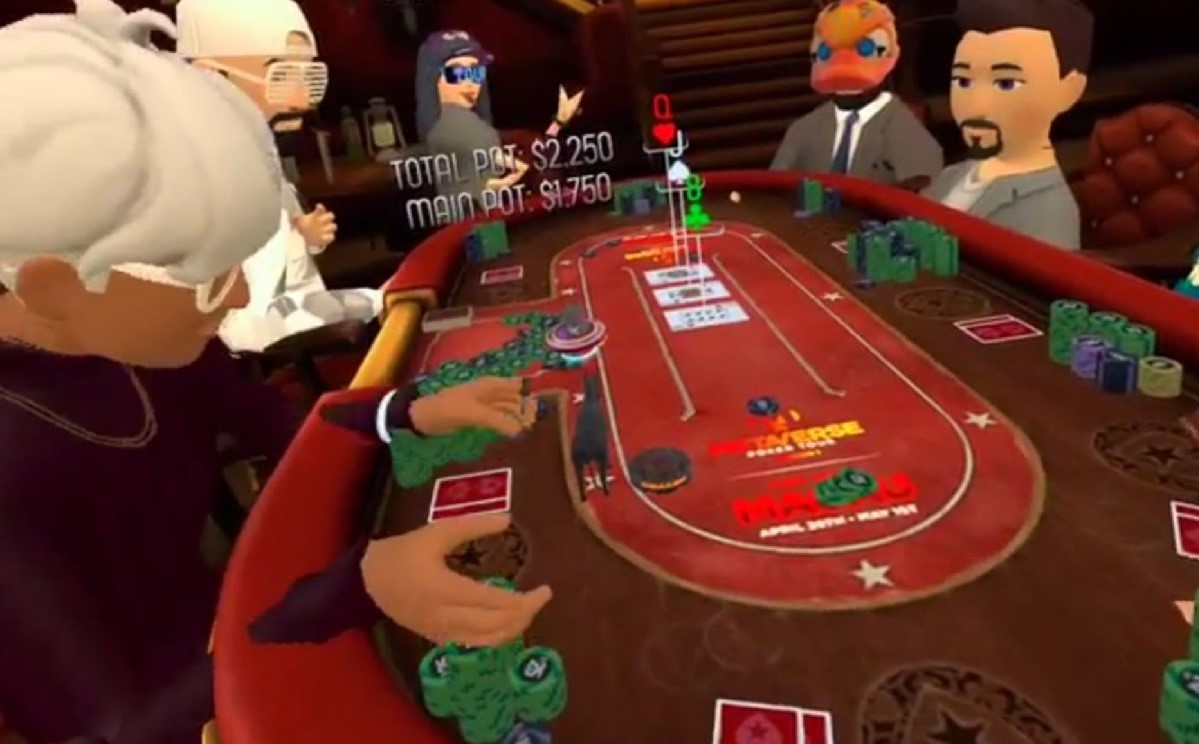
While playing rounds of Texas hold 'em, a Bloomberg News reporter saw users smoking virtual cigars and passing digital guns while the child suspect played with a toy donkey next to his chips.
In another poker game, the player said he was in fifth grade, which would likely mean he was 10 or 11 years old.
A virtual casino built that is owned by one of the world's largest gambling groups, Dublin-based Flutter Entertainment Plc. Launched in 2018, it has between 40,000 and 50,000 daily players and is accessed through headsets, including Meta Platforms Inc.'s Oculus Rift and Quest products or HTC's Vive.
Poker in the Metaverse is not respecting the minimum age limit for minors at risk-02
Meta, which owns Facebook and Instagram, asks its users to be over 13 years old. While the aforementioned casino was the 14th most popular "experience" on the Oculus Quest chart (which is pictured) in mid-May. More than a quarter of U.S. teens own a VR device, according to investment bank Piper Sandler.
Playing virtual poker without there being an exchange of real physical money is more akin to a video game and is not illegal in either the UK or the US, and none of the big companies behind virtual casinos have broken any laws.
Now, activists and politicians are increasingly focused on how to regulate the gambling gateways.
"If a child was brought into a casino, there would be a public outcry. This is no different. This is giving children access to what a real casino is. Children and vulnerable people have to be protected, and the government has to take responsibility," said Carolyn Harris, a British MP and chair of a cross-party group on the harms of gambling.
Poker in the metaverse is not respecting the minimum age limit for minors at risk-03.
Although the metaverse does not yet actually exist, several digital hubs are being created where companies’ market various virtual reality experiences. Poker rooms have become one of the busiest places, with guests buying virtual items that can then be sold for cryptocurrencies or any other currency.
Raising concerns that the new generations of immersive gaming are teaching children to gamble online, increasing the risk of gambling addiction, one of the main issues the industry has long struggled with.
No Copyright infringement intended. Video/Photo Unknown Direct for credits/issue or text us +57 3606412 ... | Respect to Photographers & Influencer









